Age Of The Gods Norse King Of Asgard Power
By exploring Odin’s influence on humanity, we gain a deeper appreciation for the arts, the importance of self-expression, and the delicate balance between fate and free will, which continues to resonate in our lives today.
Age Of The Gods Norse King Of Asgard: Power Dynamics and Relationships
Asgard, the realm of the gods, is brimming with political intrigue, alliances, and conflicts. Understanding the dynamics that shape the relationships among its inhabitants reveals much about the human condition red88 .
The Council of the Aesir: Governance and Diplomacy
The Aesir, the principal group of gods in Norse mythology, convene regularly in Asgard to discuss matters of governance, diplomacy, and strategy.
This council is reminiscent of modern-day political structures, highlighting the necessity for collaboration and dialogue among leaders.
Odin, as the king, often assumes a diplomatic role, forging alliances with other realms, including the Vanir—a rival group of gods associated with fertility and prosperity.
This cooperation between the Aesir and Vanir, culminating in the truce after the Aesir-Vanir War, emphasizes the importance of negotiation, compromise, and mutual respect.
Within this context, we can draw parallels to contemporary societal issues, reinforcing the idea that collaboration is crucial for resolving conflicts and promoting harmony.
Rivalries and Alliances: The Complexities of Divine Relationships
The relationships among the gods are far from simplistic; they are fraught with rivalries, jealousy, and intrigue.
Loki, the trickster god, embodies this complexity. His dual role as both ally and antagonist creates turmoil among the gods, leading to significant consequences for Asgard and its residents.
Loki’s schemes often reveal latent tensions and vulnerabilities, showcasing the delicate balance between loyalty and betrayal.
These celestial rivalries serve as metaphors for human relationships, reminding us that trust and friendship can be tested by rivalry, ambition, and misunderstandings.
Furthermore, examining these dynamics encourages a more profound reflection on the qualities we value in our relationships, as well as the potential for redemption and reconciliation amidst conflict.
The Legacy of Asgard: Cultural Impact and Modern Interpretations
The legacy of Asgard extends beyond ancient texts, permeating literature, art, and popular culture.
Modern adaptations of Norse mythology, such as Marvel’s Thor and various fantasy novels, have rekindled interest in these timeless tales, introducing them to new generations.
This resurgence invites exploration of how ancient narratives evolve and adapt to contemporary contexts, remaining relevant in discussions of power, morality, and identity.
Moreover, engaging with these stories allows us to reflect on our shared human experiences, transcending cultural boundaries and fostering a sense of unity.
The enduring appeal of Asgard serves as a testament to the timeless nature of these myths, encouraging ongoing exploration and reinterpretation.
The Epic Saga: Ragnarok and the Fate of the Gods
Ragnarok, often referred to as the “Twilight of the Gods,” is a cataclysmic event that marks the end of the world in Norse mythology.
It encompasses themes of fate, renewal, and the inevitable cycles of life and death.
The Prophecies of Doom: Understanding Ragnarok
The prophecies surrounding Ragnarok have fascinated scholars and enthusiasts alike.
According to the myths, a series of events will lead to the ultimate battle between the gods and their adversaries, resulting in widespread destruction and the death of key figures, including Odin himself.
This predictive narrative raises fundamental questions about fate and free will—whether the outcomes are predetermined or if individuals can alter their paths.
Odin’s foreknowledge of his fate enhances the poignancy of his character, illustrating the tension between acceptance and defiance.
Delving into the implications of such prophecies invites contemplation on the nature of destiny in our own lives, urging us to confront the unknown with courage.
The Battle of Survival: The Final Confrontation
The climactic battle of Ragnarok is marked by fierce confrontations between gods, giants, and mythical beasts.
Thor faces the Midgard Serpent, while Loki confronts Odin, illustrating the complexities of loyalty and enmity.
These epic encounters delve into the themes of sacrifice, redemption, and the cyclical nature of existence, reflecting the struggles inherent in the human experience.
The aftermath of Ragnarok sees a rebirth of the world, symbolizing hope amid despair.
This narrative urges us to consider the resilience of life, the possibility of regeneration, and the importance of renewal—concepts that resonate throughout history.
The Lessons of Ragnarok: Embracing Change and Transformation
Ragnarok teaches profound lessons about embracing change and transformation. Age Of The Gods Norse King Of Asgard
The cycle of destruction gives way to new beginnings, underscoring the inevitability of evolution in both the material and spiritual realms.
This cyclical perspective invites introspection, prompting us to examine our own transitions and responses to life’s uncertainties.
Moreover, the embrace of impermanence encourages a shift in mindset, allowing us to appreciate the beauty of fleeting moments while preparing for new opportunities.
The legacy of Ragnarok serves as a powerful reminder that endings often pave the way for fresh starts, urging us to navigate the tides of change with grace.
- Winning Strategies for Heimdall’s Gate Slot - April 5, 2025
- Understanding the Core Mechanics of VeloruDialinvest International N.V. Game - March 31, 2025
- Strategies for Winning Big on The Alter Ego Slot - March 31, 2025
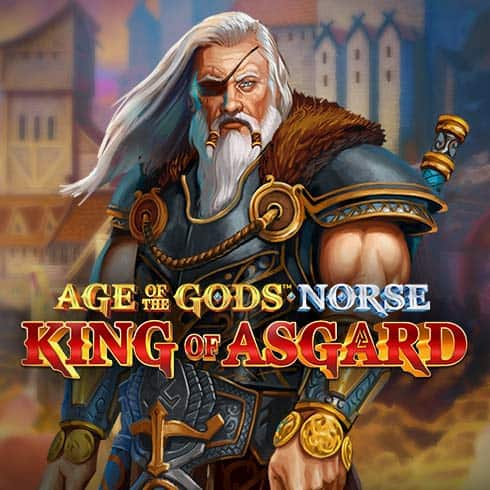
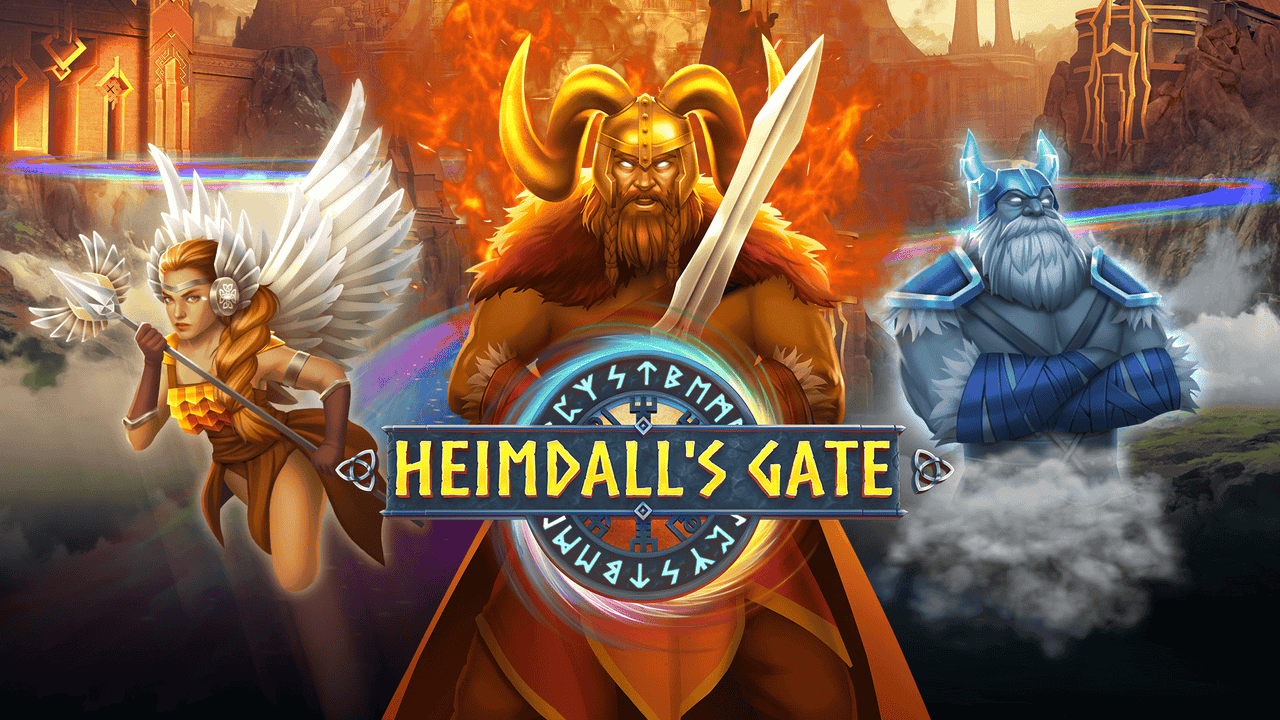
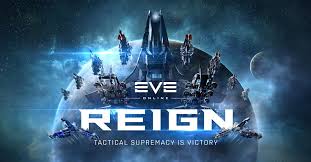
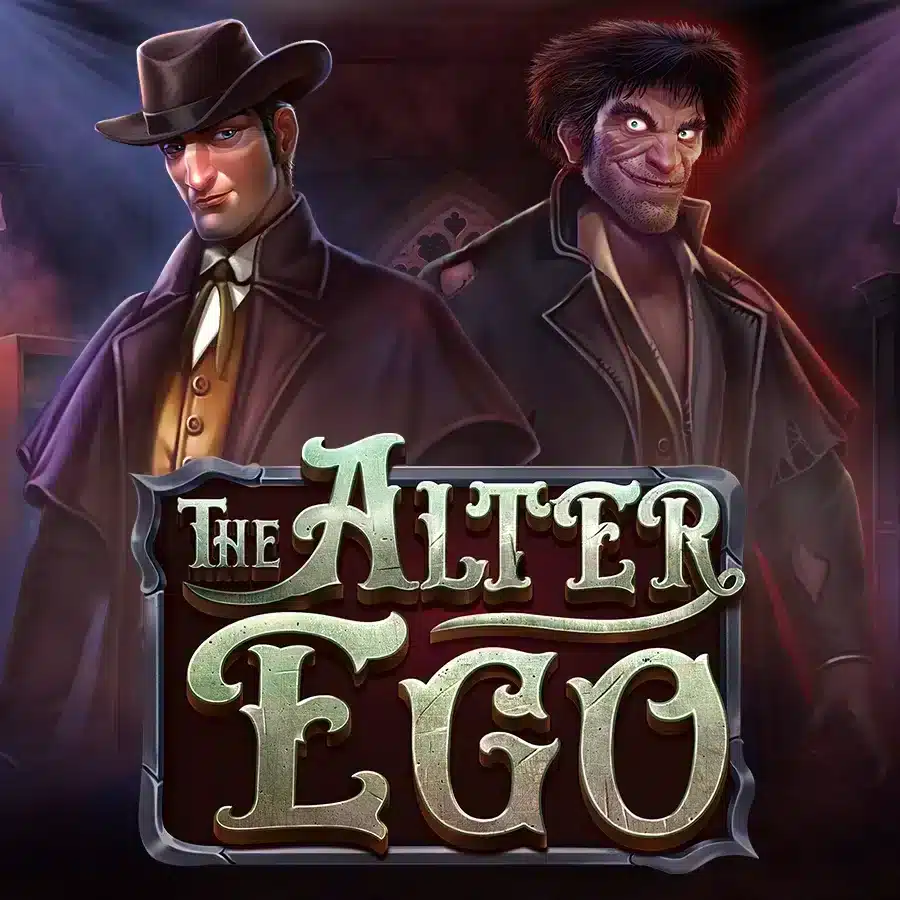
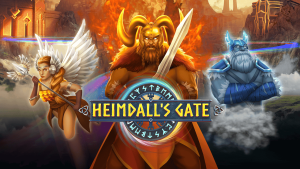
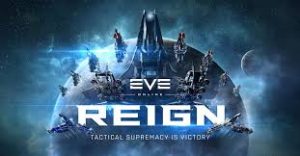
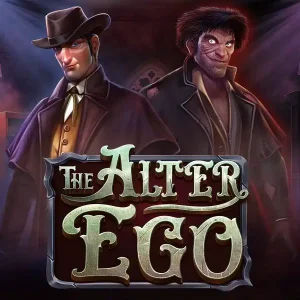


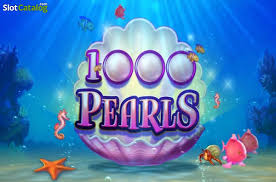
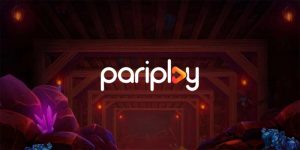

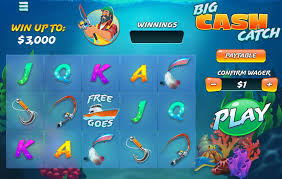

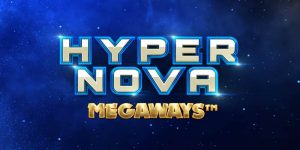




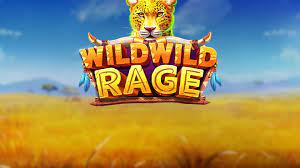

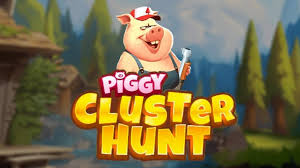
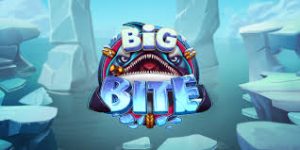
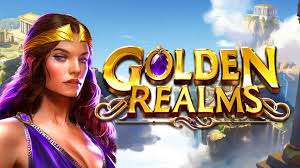
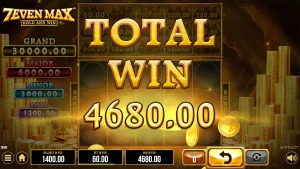


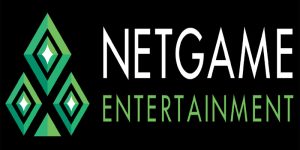
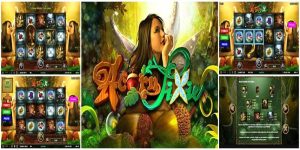
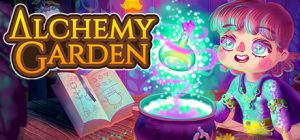
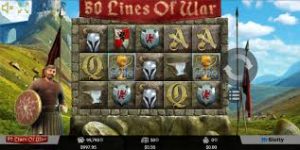

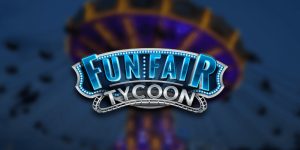

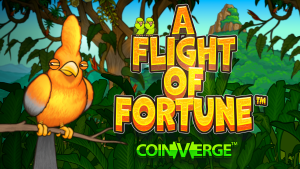


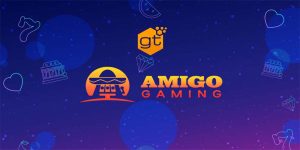
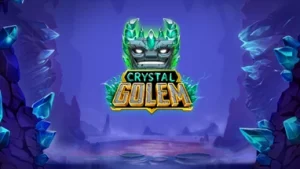
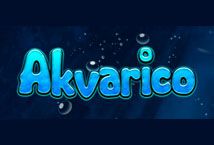
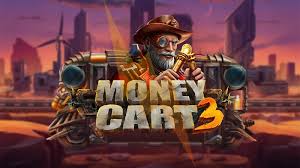
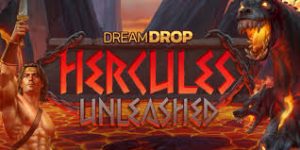

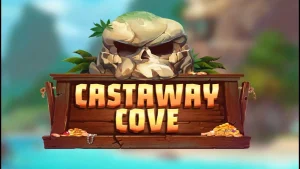
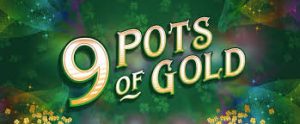
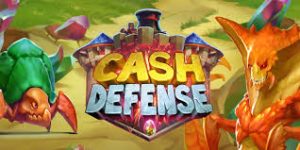
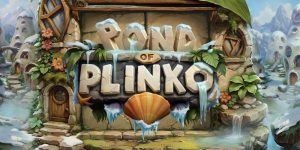

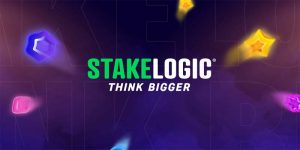
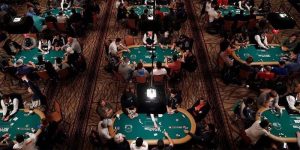
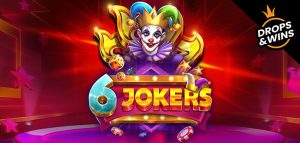
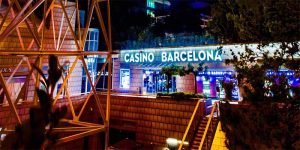
1 comment